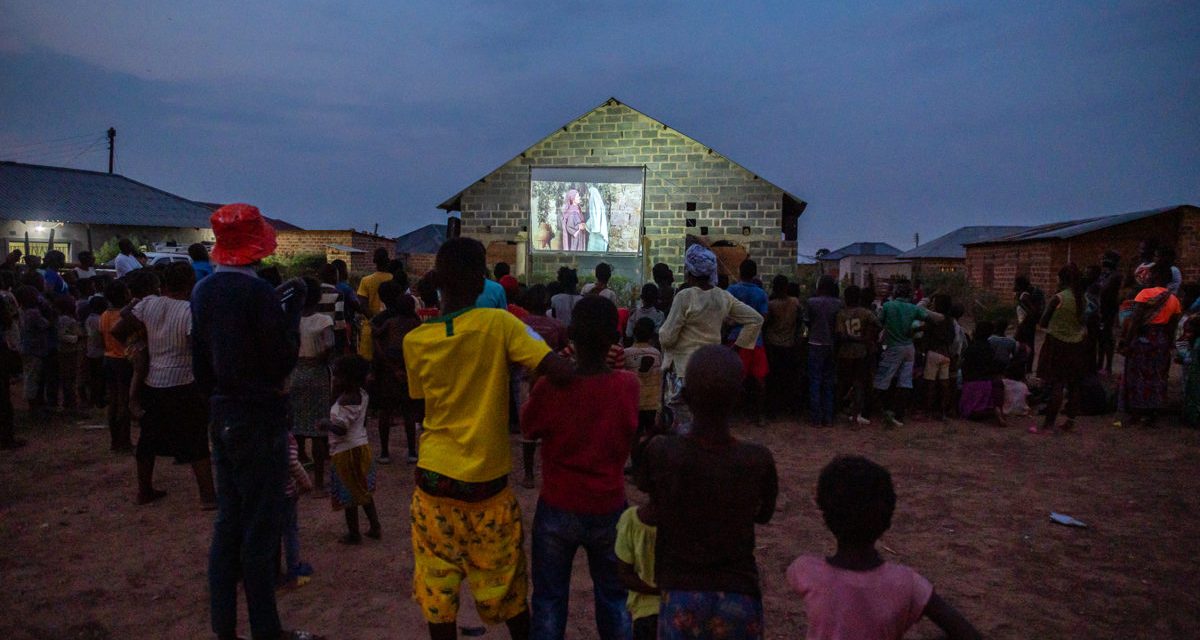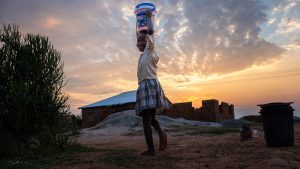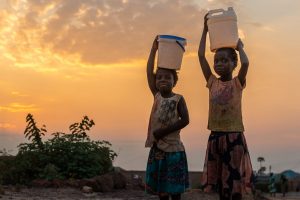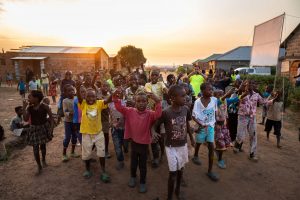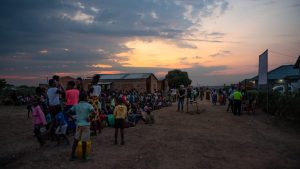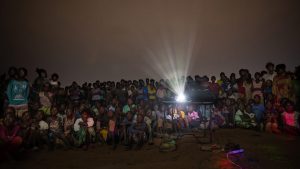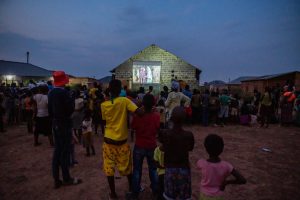International Mission Board (IMB) photographer Luke In shares stories from his photo collections
I recently came back from an assignment in Zambia. It was very special to me. This was my first overseas assignment since the COVID-19 pandemic halted opportunities to travel abroad. Having taken photos mostly in Asia and Europe, Africa is an exotic land for me. I was able to capture images that, I believe, captured the reality of life in these remote African areas: dirt roads, run-down villages, children playing with sticks and rocks, etc.
––––––––––––––––––––––––––––––––––––––––––––––––––––––––––––––––––
One night, our IMB missionaries went out to a remote village to show the Jesus Film. As they were setting up and waiting for it to get dark, I moved around to shoot photos and noticed several children coming back home from a far-off well carrying buckets of water on their heads. With a beautiful sunset sky in the background, I intended to shoot them as a silhouette. However, while editing the photos, I played around, pushing the shadows to their limit. It is amazing how much detail you can get with modern cameras.
The shots revealed so much more detail than I had expected. Capturing and processing these photos with the details showing the kids’ hardened bare feet and sweat rolling down their soft cheeks from carrying heavy buckets of water on their heads brought pain to this grandpa’s heart. I couldn’t help but think of my grandkids back home playing with Barbie dolls, electronic gadgets and running around in fancy shoes.
––––––––––––––––––––––––––––––––––––––––––––––––––––––––––––––––––
When asked about the effect of COVID on the village, the missionary said, “Yes, there’s COVID, but there’s a greater problem people face here daily.” Immediate physical needs from hunger, malnutrition and other diseases eclipse the effects of COVID. The people in this village still lack clean running water, electricity, sanitation and other basic needs that we often take for granted.
––––––––––––––––––––––––––––––––––––––––––––––––––––––––––––––––––
Even while setting up, many children gathered with excitement. As it got darker, the community seemed to be out for the show of the century.
––––––––––––––––––––––––––––––––––––––––––––––––––––––––––––––––––
For two hours all eyes were fixed on the screen. According to our missionary, in some remote villages, people may walk up to seven hours just to watch the Jesus Film. I can only imagine how few people we would attract if this was shown in any city in the U.S.
–––––––––––––––––––––––––––––––––––––––––––––––––––––––––––––––––––
It doesn’t matter who you are or where you live. When you hear the Gospel, whether for the first time or for the hundredth time, you must make a personal decision to accept Jesus as your Savior and Lord, or not. Because you give, people in remote villages of Zambia are hearing the Gospel and making eternal decisions.
Visit imb.org for more information on international missions.


